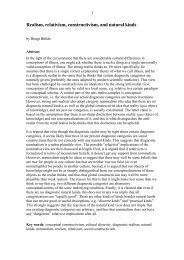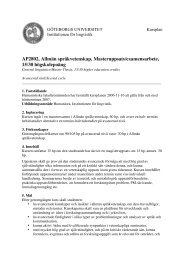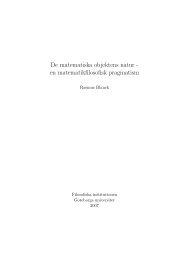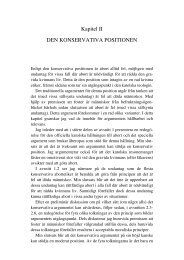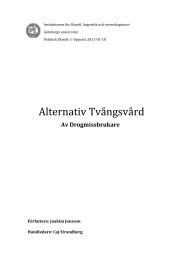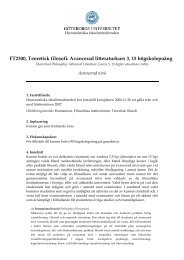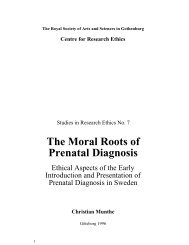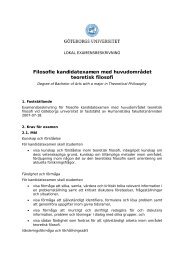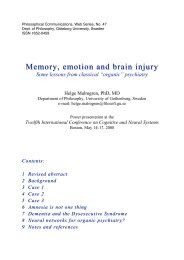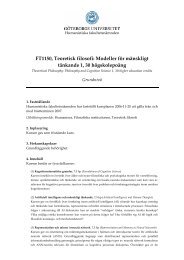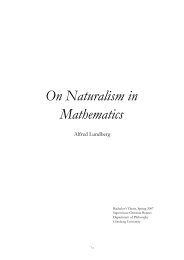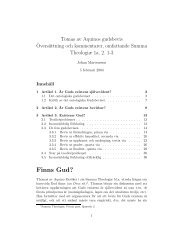14moral issues: something, we assume, is wrong if friends disagree on a moral question (orperhaps a moral question of a certain sort). There are certainly some moral valuesdiscrepancies on which I can tolerate with non-friends, but with not with friends. E.g. Iwould find it impossible to have a friend who is a racist. If we had a disagreement on amoral proposition in this area (“People of race XYZ don’t deserve the same rights asothers”) then I would automatically take the disagreement to indicate that a mistake hasbeen made and probably argue about the matter until we either agree or are no longerfriends. There are other types of moral judgement on which I would probably be moretolerant of disagreement with friends—e.g. “Sex before marriage is wrong.”. However,there may still be a narrower moral community within which disagreement even aboutthese less important issues cannot count as faultless. Thus, within a family this may so.Thus my hypothesis is that moral concepts are objective, but not maximallyobjective, but rather objective within a group. Many are objective amongst friends, othersare merely objective amongst family. Even more differentiation is probably needed.Beyond the pale problemsA common criticism of moral relativists is that they end up unable to criticise those whocommit wrongs but are not members of their own community. In this final section, I wantto argue, very briefly, that this charge is groundless and is probably the product ofwidespread acceptance of a certain universalism.The charge is that according to the sort of moderate relativism I have sketched, Icannot criticise or act against people who are not part of my moral community, and whoare committing acts that count as a wrong according to the evidential norms in my moralcommunity but according to those in their own community. For example, I might want toact against members of a slave-owning society, who believe that it is morally permissibleto keep slaves. The problem is that they may well be making the right judgementaccording to their own norms, i.e. not making any sort of mistake. However, there reallyis no reason to believe that I cannot criticise them for, or act against, their practices. I canact against them because my own moral judgements require me to do so. Nothing in theaccount prevents that.The following may be the argument on which the criticism is based. <strong>Moral</strong> norms arenorms of rationality. So, anyone is subject to moral norms which, were they fullyrational, they would be able to see. In particular, if it was morally right for us to preventthem from carrying on with their slave-owning practice, then they, being fully rational,would have to concede that this is so. But relativists thinks that it is possible that ourslaveowners are not committing any mistakes, that they are making fully competent andcorrect use of the moral concepts of their community, but are nevertheless notrecognising our moral obligation to intervene. If we were right, they, being rational,would see it. But they don’t. So we are not right.I am inclined to deny the first premise, namely that moral norms are norms ofrationality. I do not, at the moment, see how the argument would work without thatKantian premiss.
15It may be true that, in some sense, I cannot criticise them for their views: the scenariodictates that they are exercising their thinking faculty fully competently. However, I maywell believe that they are employing a system of moral concepts which is in itself worthyof criticism, and I could criticise them at this meta-level. Their system may beinconsistent or it may conflict with some undeniable moral claim. If, however, I do nothave any such basis for criticism, then there might well be a situation in which I cannotoffer any rational criticism. At this point, all I can do is persuade them by non-rationalmeans (by luring them over to my way of viewing things, or perhaps by brute force). Ibelieve that in this sense, the relativism view may well entail that one cannot criticise theslaveowners of the example. However, in this sense I believe it to be an acceptableconsequence.ReferencesBoghossian, Paul 1996: “Analyticity Reconsidered”. Nous 30, pp. 360–91.Brandom, Robert 1994: Making it Explicit, Cambridge, Mass.: Harvard University Press.Harman, Gilbert 1975: “<strong>Moral</strong> <strong>Relativism</strong> Defended”. Philosophical Review 84, pp.3–22.Kölbel, Max 2002: Truth without Objectivity, London: Routledge.Kölbel, Max 2003: “Faultless Disagreement”. Proceedings of the Aristotelian Society104, pp. 53–73.Kölbel, Max forthcoming: “Indexical <strong>Relativism</strong> vs Genuine <strong>Relativism</strong>”. InternationalJournal of Philosophical Studies 12, pp. 297–313.Mackie, John L. 1977: Ethics: Inventing Right and Wrong. Harmondsworth: Penguin.Wright, Crispin 1992: Truth and Objectivity. Cambridge, Mass.: Harvard UniversityPress.



